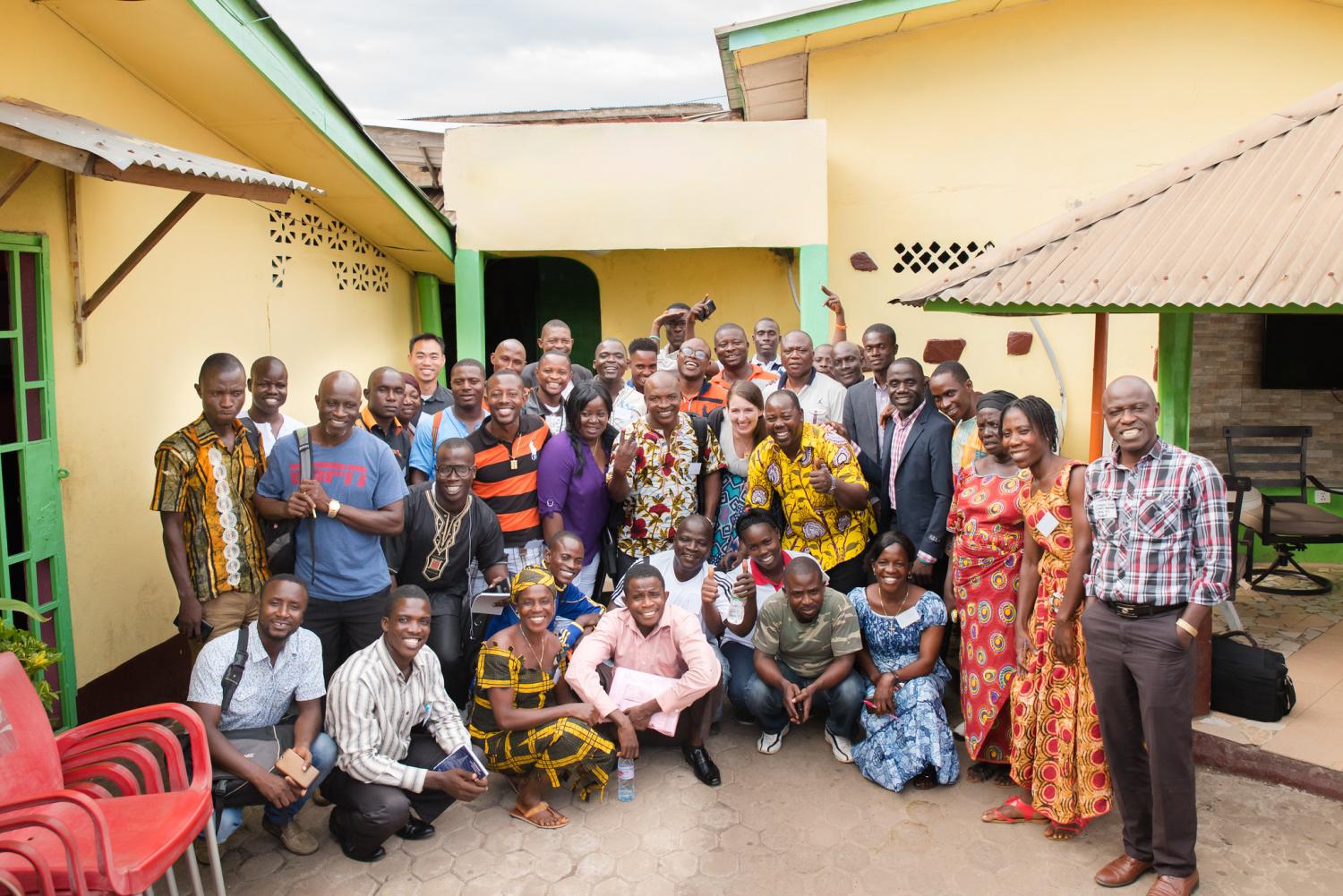
Today, the Bill & Melinda Gates Foundation and five pharmaceutical companies—Novartis, Johnson & Johnson, Lilly, Pfizer and GSK—together announced an initiative to train more community health workers and expand healthcare access to 1.7 million people across six nations in Africa.
Two NGOs, Living Goods and Last Mile Health, will run the program. The five pharmaceutical giants and Gates Foundation will contribute a combined $18 million over the next three years to make the project possible.
So, why does this project matter? While many regions worldwide report shortages of medical professionals such as doctors, nurses and dentists, the reality is that community health workers are critical for the delivery of healthcare services in much of the world. They are integral to helping patients gain access to dental care in rural America, and armed with little more than a cell phone, they can deliver frontline medical care and information to citizens in India.
Many of these community health workers, who often volunteer their time and knowledge, can gain the trust and confidence of locals in a way that someone wearing a white jacket or scrubs cannot. And at a time when many municipalities cannot afford the cost of a clinic or even a traveling medical professional, these community health workers are often a valuable lifeline, whether they are distributing medicines or sharing information about prenatal care.
“Community health workers are the critical frontline to sustainably impact the health of communities in resource poor settings,” said Vas Narasimhan, CEO of Novartis, in a public statement. “Novartis is committed to strengthening healthcare systems and is proud to be part of this coalition to use digital technologies to reimagine the future of community health delivery.”
Technology is key for this initiative to succeed. Each of the five companies involved say they can contribute unique expertise to help drive health technology innovation and deepen impact in Liberia, Kenya, Uganda and Malawi. (The other two countries benefiting from this project have yet to be named.) In addition to financial contributions, these companies say they will contribute disease-specific expertise and experience to supplement the community health models that Last Mile Health and Living Goods have fine-tuned over the years.
All of these companies have been involved in healthcare projects across Africa to some degree. Eli Lilly has launched technology transfer programs in Africa. Novartis has harnessed digital technology to help provide more medicines across the continent. GSK launched an “open R&D lab” and has endowed university chairs within the region. Pfizer says it's accelerating technology transfers and skills upgrades to increase Africa’s vaccine output. J&J’s NurseConnect provides messaging, a mobile learning platform, and a help desk for nurses and midwives in South Africa’s public health system. And, of course, the Gates Foundation has a long history of funding healthcare programs across much of Africa.
“[By] offering informative digital solutions for users while also driving greater investment in targeted health care provision—helping to train frontline health workers to meet the needs of the local population—global health actors can create delivery systems across the world that are cost-efficient enough to be scalable, but bring enough face-to-face engagement to be life changing,” J&J’s Lauren Moore wrote on TriplePundit last year.
The overarching goal of this multi-stakeholder health project is to bolster these six countries’ community health worker programs for the long term. Living Goods and Last Mile Health have a successful history in working with governments to train, equip and support digitally-empowered community health workers. Should this project thrive, the curricula and tools developed through this multimillion-dollar investment could ensure community health workers’ confidence and performance for many years to come.
Image credit: Last Mile Health/Facebook

Leon Kaye has written for 3p since 2010 and become executive editor in 2018. His previous work includes writing for the Guardian as well as other online and print publications. In addition, he's worked in sales executive roles within technology and financial research companies, as well as for a public relations firm, for which he consulted with one of the globe’s leading sustainability initiatives. Currently living in Central California, he’s traveled to 70-plus countries and has lived and worked in South Korea, the United Arab Emirates and Uruguay.
Leon’s an alum of Fresno State, the University of Maryland, Baltimore County and the University of Southern California's Marshall Business School. He enjoys traveling abroad as well as exploring California’s Central Coast and the Sierra Nevadas.














